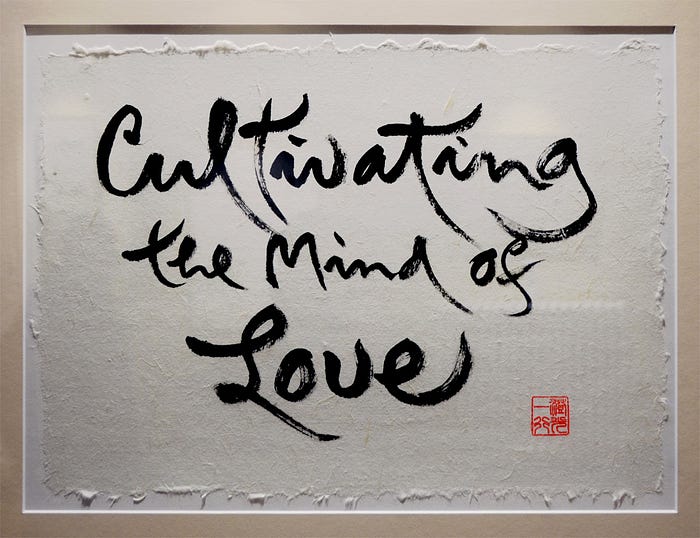Life Together: Relational Philosophy & Interdependence

It is difficult to conceive of a humanity outside of relationship. Biological Evolution has demonstrated that all life on Earth shares a common ancestor. Through different naturalistic mechanisms, all that we know and have known is coming to existence through complex micro and macro relationships. This model changed the way we think of the world and our place in it. It lured our collective consciousness toward the idea that we are not supra-natural (over nature), but fully embedded in and dependent of it. Furthermore, we now know that it’s not just genes doing the work of bringing novelty into the world, but that interactions, or relations, between simpler entities is giving rise to, not only more complex entities, but to properties that the simpler entities did not exhibit!…Did I lose you? I hope not. I just had to nerd out there for a second.
In the Abrahamic traditions, we see in the Bible the story of a people getting to know their God. We are presented with a God who is active in, in relationship with, and affected by the world. A God who relentlessly invites and calls forth humanity to create and love in such a way to bring out the best possibility in every moment through acts of care and love for God’s good creation. For the Christian, the call to a loving relationship with God and “other” is summed up in Mark 12:28–34 (NRSV Translation):
One of the scribes came near and heard them disputing with one another, and seeing that he answered them well, he asked him, “Which commandment is the first of all?” Jesus answered, “The first is, ‘Hear, O Israel: the Lord our God, the Lord is one; you shall love the Lord your God with all your heart, and with all your soul, and with all your mind, and with all your strength.’ The second is this, ‘You shall love your neighbor as yourself.’ There is no other commandment greater than these.” Then the scribe said to him, “You are right, Teacher; you have truly said that ‘he is one, and besides him there is no other’; and ‘to love him with all the heart, and with all the understanding, and with all the strength,’ and ‘to love one’s neighbor as oneself,’ — this is much more important than all whole burnt offerings and sacrifices.” When Jesus saw that he answered wisely, he said to him, “You are not far from the kingdom of God.” After that no one dared to ask him any question.

The emphasis on relationship can also be seen in the classical Christian metaphor of Trinity, the idea that God is a relationship of Father, Spirit, and Son. Though the words quoted above appear in the Christian New Testament, Jesus was quoting commandments found in two sections of the Jewish Torah, the books of Deuteronomy and Leviticus. This kind of thinking places love and compassion at the heart of Judaeo-Christian practice.

The concepts of radical interdependence and interconnectedness may seem somewhat foreign to Western ears, but seems to align more closely to some areas of Chinese and Indian thought. Shariputra, one of the Buddha’s early disciples, explains the concept of interdependence this way:

Suppose there are two bundles of reeds. They can remain standing as long as they lean against each other. In like manner, because this exists, that exists and because that exists, this exists. If one of the two bundles is removed, then the other will fall. Similarly without this existence, that cannot exist, and without that existence this cannot exist.
From our experience, traditions, and texts, it appears that relationship and relationality lie at the core of our flourishing (in a pragmatic sense). Healthy relationships nurture us and move us toward acts of loving-kindness. Our survival and health depend on how we relate to others and Earth. We are growing into greater awareness of this and is chiefly evidenced by our acknowledgment of our lack of care and concern for the Earth. I could go on, but I hope this serves as a stepping stone into good discussion at Denver Pub Theology this Thursday, May 12th. More details at http://www.meetup.com/Pub-Theology-of-Denver/events/230753178/
What I’m listening to while writing this:









